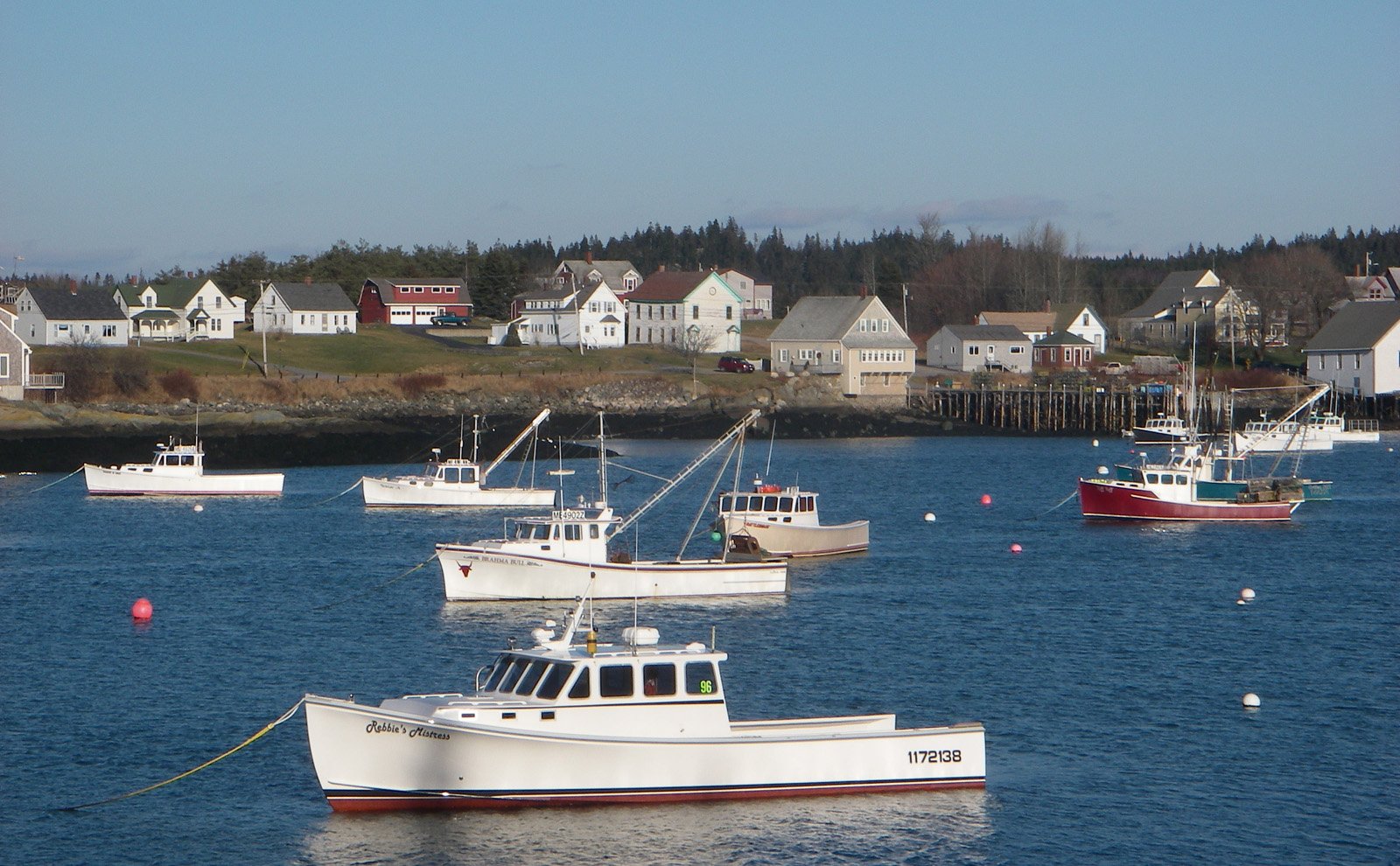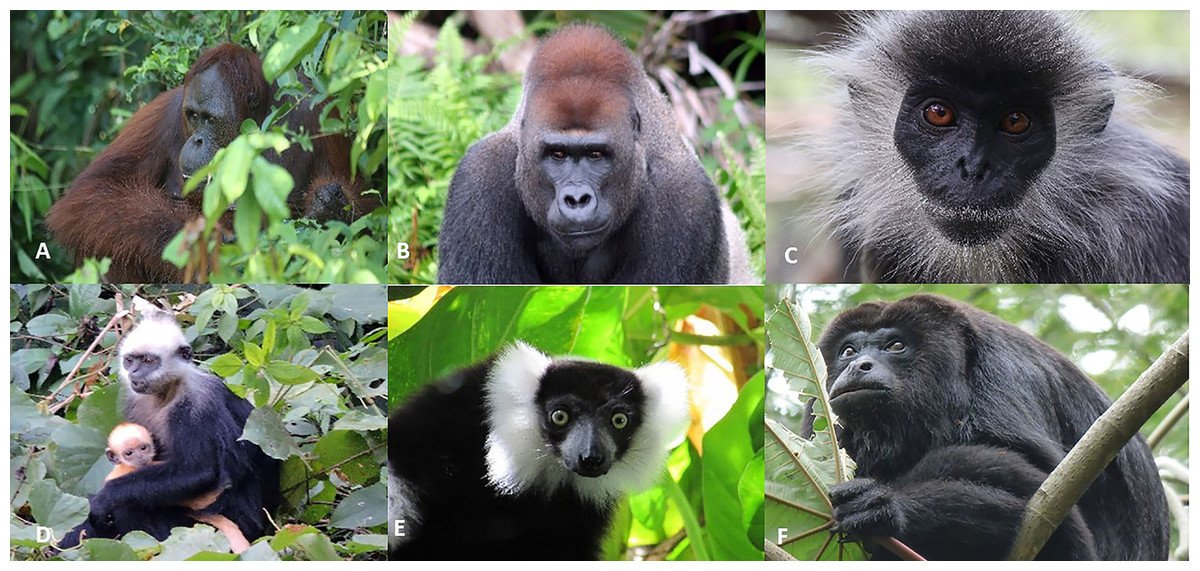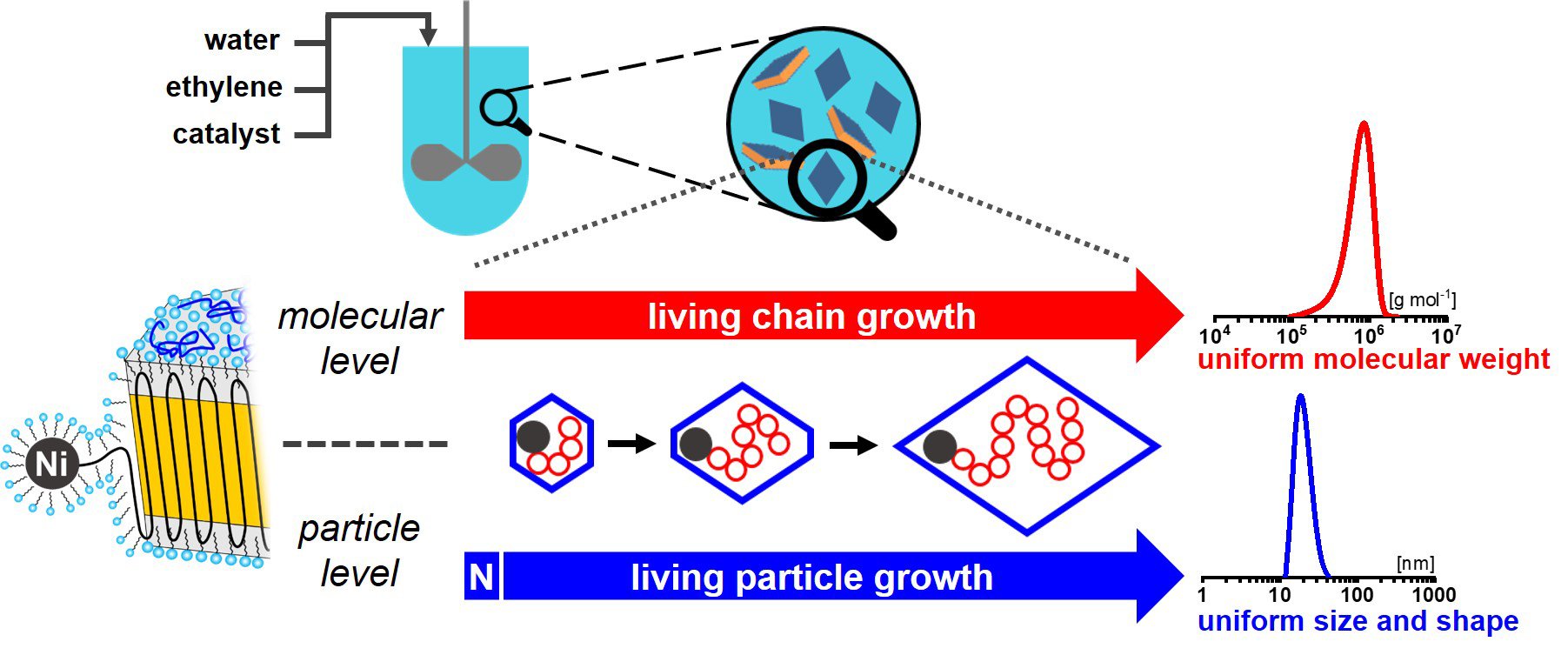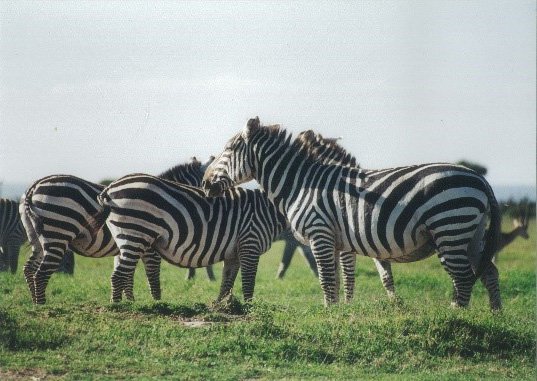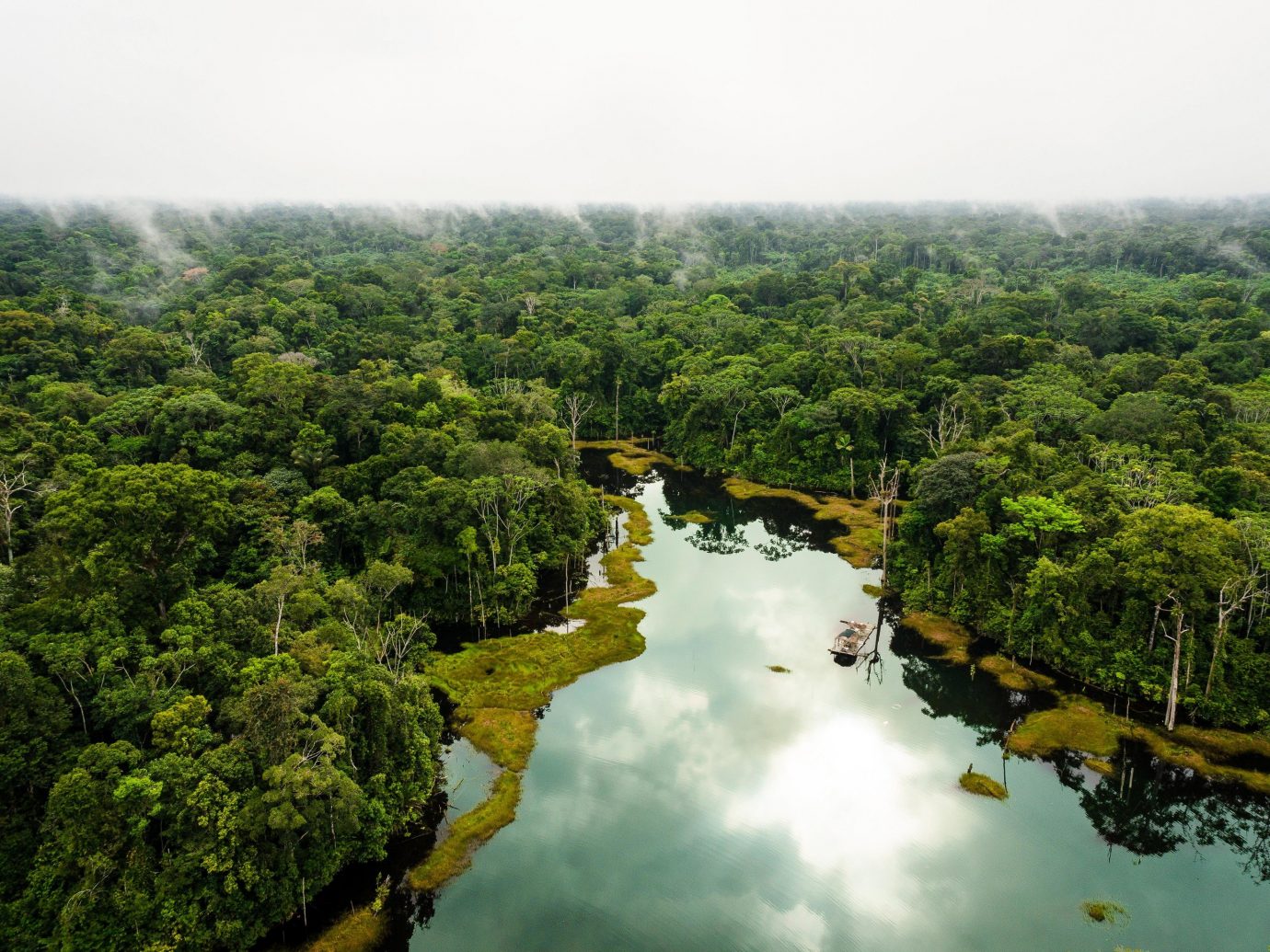A warming Midwest increases likelihood that farmers will need to irrigate
If current climate and crop-improvement trends continue into the future, Midwestern corn growers who today rely on rainfall to water their crops will need to irrigate their fields, a new study finds. This could draw down aquifers, disrupt streams and rivers, and set up conflicts between agricultural and other human and ecological needs for water, … Read more




